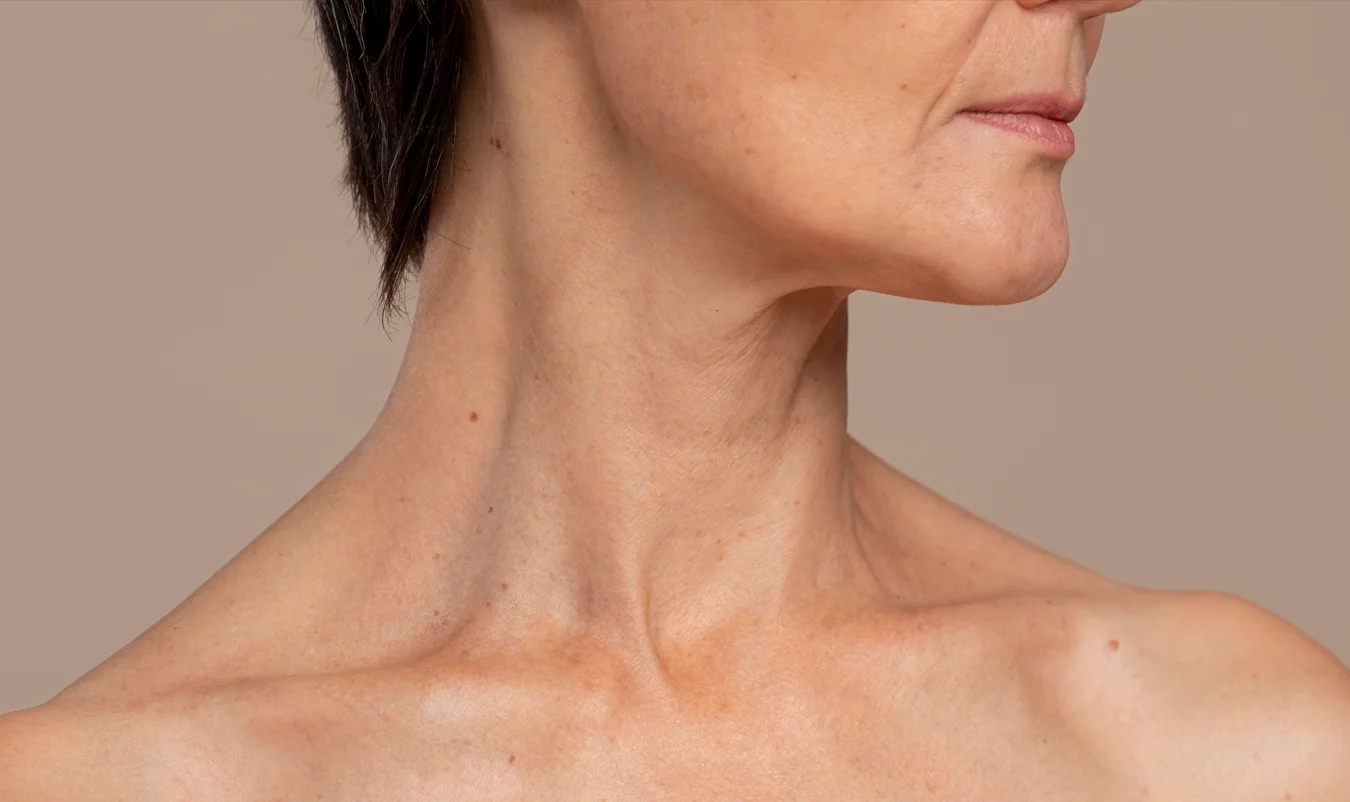
Potatoes are one of the most beloved and versatile staples in the world of cuisine. From creamy mashed potatoes to crispy fries and everything in between, they find their way into countless dishes. But have you ever stopped to think about the nutritional value of this humble tuber? In this article, we will delve into the essential components of potato nutrition, breaking down the macronutrients and micronutrients that make this vegetable a valuable addition to your diet.
Macronutrients In Potatoes
Macronutrients are essential for normal bodily function since they are nutrients that are needed in relatively large amounts. Many potato nutrition facts reveal that potatoes are a rich source of three primary macronutrients: carbohydrates, fiber, and a small amount of protein.
- Carbohydrates: Potatoes are renowned for their carbohydrate content. They are predominantly composed of complex carbohydrates in the form of starch. A 100-gram serving of boiled potatoes contains approximately 17 grams of carbohydrates. These carbohydrates are vital to a healthy diet since they give energy quickly.
- Dietary Fiber: Dietary fiber is essential for regular bowel movements, and potatoes have a lot of it. There are about 2 grams of fiber in 100 grams of boiling potatoes. Consistent bowel movements, lower blood sugar, and an increased sense of fullness are all benefits of a high-fiber diet that can assist in weight control.
- Protein: Although potatoes do not contain a lot of protein when compared to other foods, they do contain some. A 100-gram serving of boiled potatoes offers approximately 2 grams of protein. While this amount may seem modest, every bit contributes to your daily protein intake.
Micronutrients In Potatoes
A variety of physiological processes rely on micronutrients, which are vitamins and minerals that the body needs in lower amounts. Potatoes are surprisingly rich in several essential micronutrients that play vital roles in overall health.
- Vitamin C: Vitamin C, which is abundant in potatoes, is an effective antioxidant that helps the body fight off infections, maintain healthy skin, and speed up the healing process after cuts or scrapes. A 100-gram serving of boiled potatoes provides around 19 milligrams of vitamin C, which is roughly 20-25% of the recommended daily intake.
- Potassium: One of the most important minerals for controlling blood pressure, neuron and muscle function, and fluid balance, potassium is abundant in potatoes. A 100-gram serving of boiled potatoes contains about 429 milligrams of potassium.
- Vitamin B6: Vitamin B6, sometimes called pyridoxine, is an essential nutrient for building neurotransmitters and for proper brain growth and function. Potatoes are a good source of this vitamin, with a 100-gram serving providing approximately 0.3 milligrams.
- Folate (Vitamin B9): Folate is essential for cell division and the formation of DNA. Potatoes contain folate, with a 100-gram serving supplying around 15 micrograms.
- Iron: Although not as abundant as in some other foods, potatoes still contribute to your iron intake. A 100-gram serving of boiled potatoes contains approximately 0.8 milligrams of iron.
- Magnesium: Magnesium plays an important part in a wide variety of biochemical processes, some of which include maintaining healthy bones, muscles, and nerves as well as controlling blood sugar levels. With about 12 milligrams of magnesium in 100 grams of potatoes, they have a modest but noticeable amount of magnesium.
- Phosphorus: A healthy metabolism of energy, DNA production, and strong bones and teeth all depend on phosphorus. A 100-gram portion of potatoes contains about 44 milligrams of phosphorus.
The Importance Of Cooking Methods
It’s worth noting that the way you prepare potatoes can have a considerable impact on their nutritional content. While boiling or steaming potatoes preserve most of their nutrients, frying them in oil can add extra calories and reduce their overall health benefits. Baking or roasting potatoes with their skins on is another healthy cooking method that retains valuable nutrients.
Conclusion
Potatoes, often overlooked as a simple and starchy side dish, are a nutritional powerhouse. They offer a rich combination of macronutrients like carbohydrates, fiber, and protein, as well as essential micronutrients such as vitamin C, potassium, and vitamin B6. Including potatoes in your diet can contribute to overall health and well-being, but it’s important to be mindful of cooking methods to maximize their nutritional benefits. So, the next time you enjoy a plate of delicious mashed potatoes or a crispy batch of fries, you can savor not only the taste but also the nutritional value these versatile tubers bring to your table.




